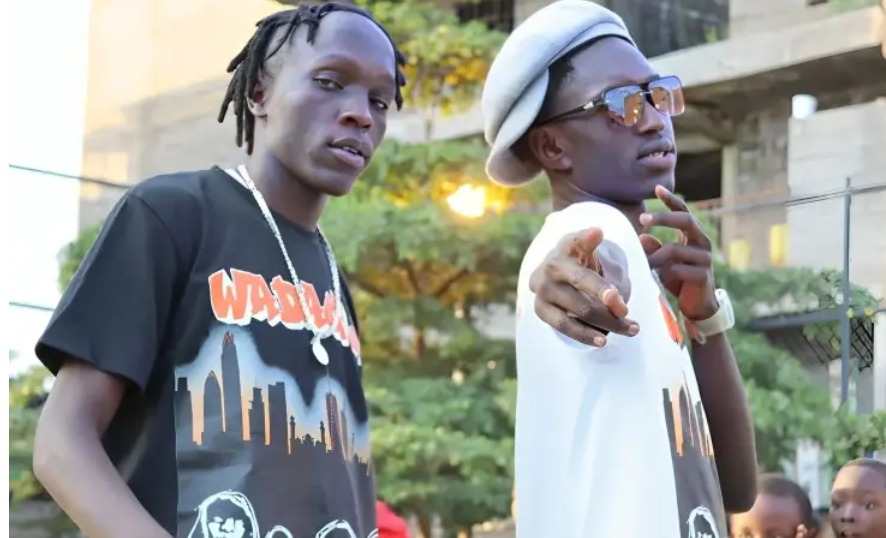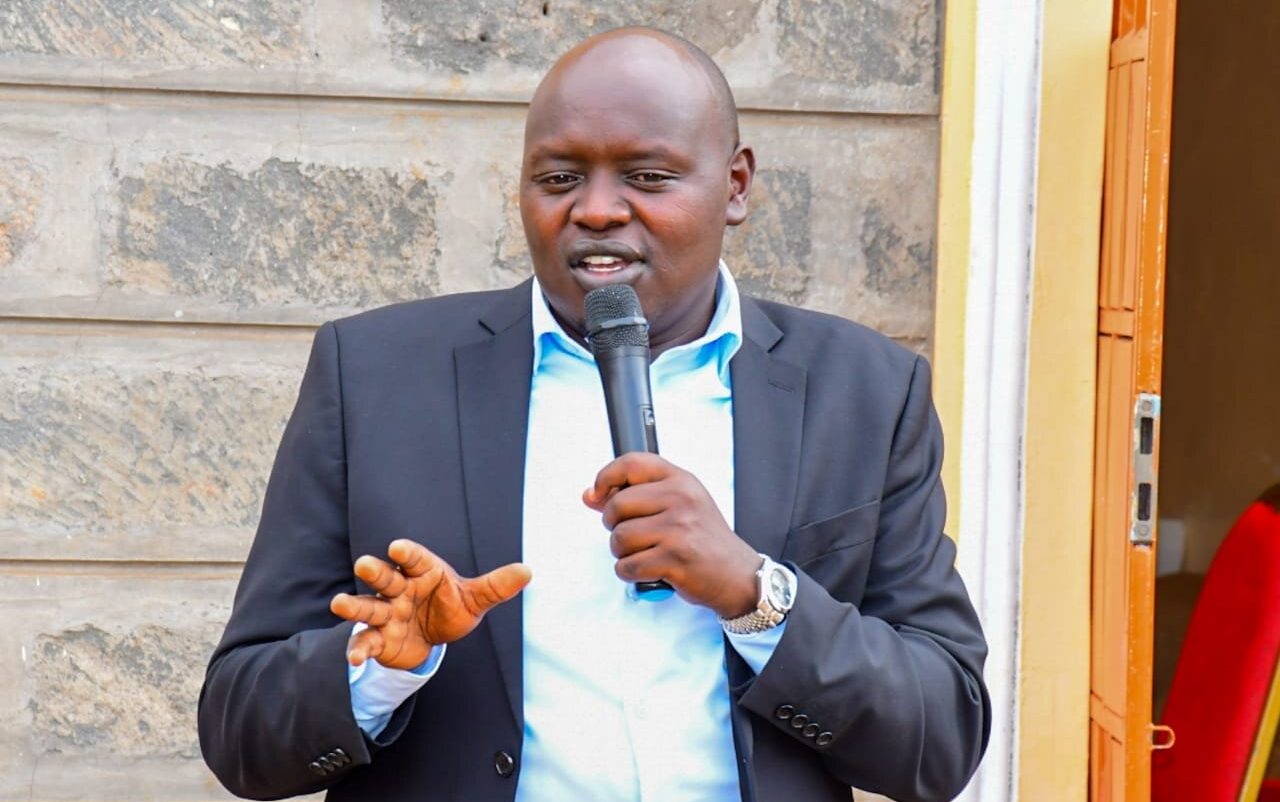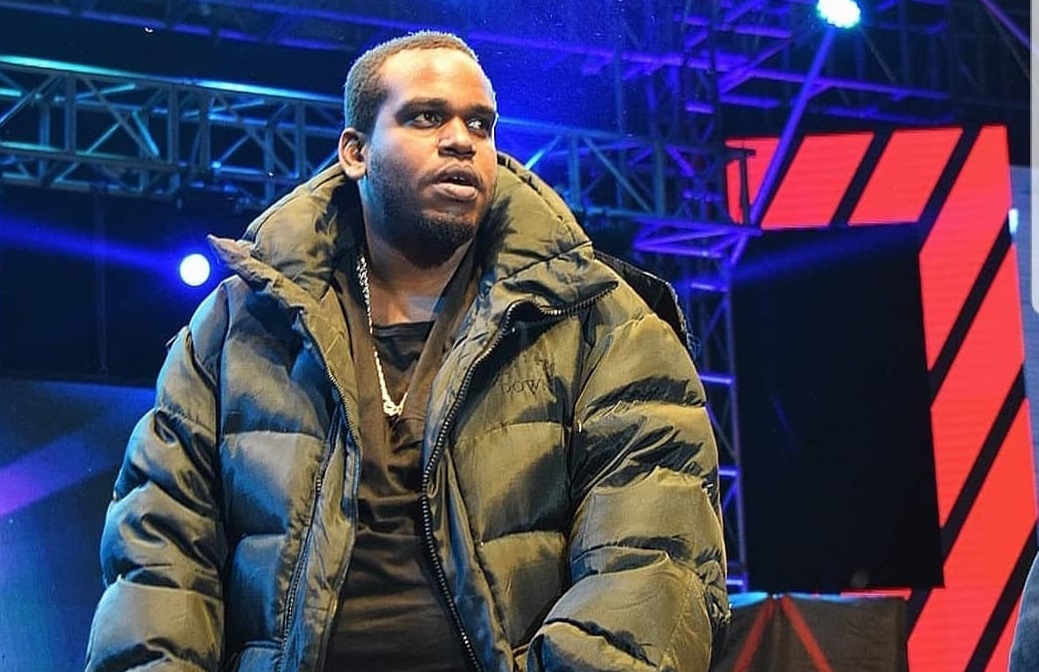Businessman Jimi Wanjigi has suffered a major blow after the Supreme Court on Friday, February 17, declined to validate his bid to vie for the country’s top seat in the last general election, saying it has been overtaken by events.
The Supreme Court concurred with retired Independent Electoral and Boundaries Commission (IEBC) chairperson Wafula Chebukati that Wanjigi was not eligible and did not meet the requisite requirements under the law to vie for the presidential seat in the August 2022 polls.
In a hard-hitting judgement, the Apex court judges said that Wanjigi’s appeal does not raise any constitutional matters to warrant their intervention.
“This was not a matter for the court to address itself to the remaining issues as urged for the sake of posterity as the appellant (Wanjigi’s) did not show the existence of any constitutional moment to be seized as qualifications and nomination of candidates will continue to be addressed as and when they arise based on peculiar circumstances obtaining, ” the Supreme Court ruled.
The Judges dismissed the suit by Wanjigi, who was the Safina party’s presidential candidate, on grounds that the matter was overtaken by events, adding that “the Supreme Court is not an open forum for all cases from the appellate court on judicial review matters.”
They threw out the appeal with cost saying the court can only entertain matters touching on the constitution.
The businessman had petitioned the top court in the country seeking to quash the decision by Chebukati to reject his candidature, arguing that his right to offer himself for the top seat was violated by the former IEBC chair.
Wanjigi complained that Chebukati during the nomination process a few weeks before the polls last year declined to accept his nominations based on flimsy grounds claiming he was not eligible.
He claimed that the High Court and Court of Appeal did not address his plight as required under the law.
While declining Wanjigi’s candidature, Chebukati said he lacked a degree certificate from a recognised university and therefore could not offer himself to contest the country’s top seat.
“He did not comply with the requisites for registration to vie for the position of president in the general elections as he did not have sufficient supporters as required under the law; he did not submit a degree as required under section 22(2) of the Elections Act as read with Regulation 47 (1) of the Elections (General) Regulations 2012 which connote a physical document; and that he did not submit his running mate’s nomination certificate,” Chebukati stated.
Aggrieved by Chebukati’s decision, Wanjigi lodged a complaint before the Independent Electoral and Boundaries Commission Disputes Committee, which dismissed his complaint and upheld the IEBC chair’s decision.
Later he moved to High Court by way of judicial review proceedings seeking to quash the decision of the IEBC and to compel Chebukati to issue him with a nomination certificate and include him in the ballot paper as a presidential candidate.
The High Court proceedings were instituted on the grounds of illegality, irrationality, unreasonableness, bias and legitimate expectation. The superior court, however, dismissed his case and his appeal to the Court of Appeal was similarly unsuccessful.









